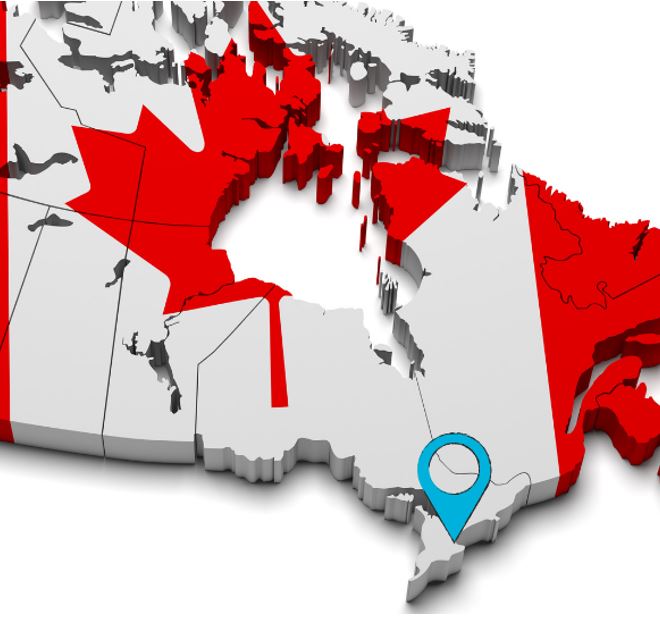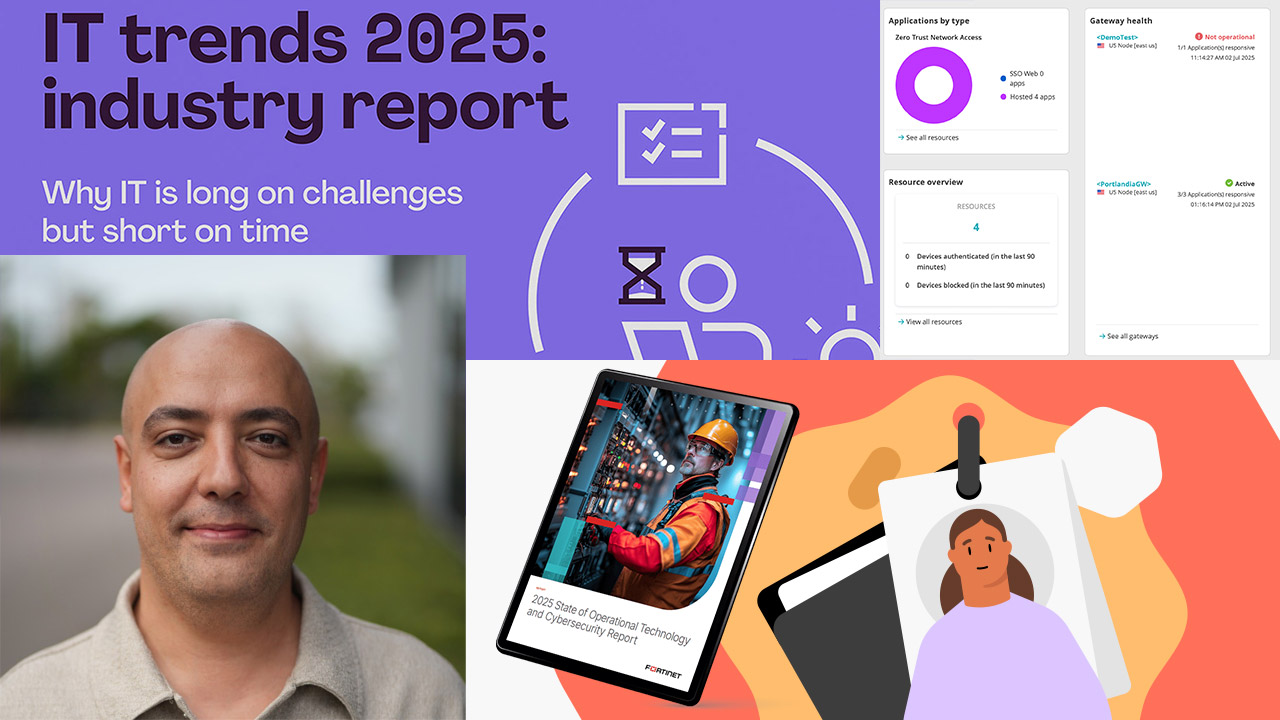Voice-over-IP vendor bvoip has opened two data centers in Canada.
Located in Vancouver and Toronto and available immediately to all bvoip users, the two facilities are the company’s first points of presence north of the U.S. border.
“We’ve always been servicing Canada since our inception, but now we’ve kind of doubled down and solidified that investment,” says bvoip CEO George Bardissi, who spoke with ChannelPro last week at the ChannelPro SMB Forum event in San Jose, Calif.
Having access to data centers inside Canada will allow partners to go after customers in markets like government and healthcare that are legally required to keep data inside the country, Bardissi continues. It will also help resellers win over businesses worried that data in a U.S. facility could be inspected by federal authorities under laws like the USA PATRIOT Act.
“Canada is very conscious, and specifically in certain verticals, about data sovereignty and making sure that data is within the borders,” Bardissi says.
Opening points of presence inside Canada also enables bvoip to establish direct cross-connects with local service providers like BCE, Shaw Communications, and Telus, resulting in faster performance, less jitter, and decreased packet loss. “Latency and connectivity to the last mile providers is very important for quality of service,” Bardissi observes.
Bvoip expects U.S. business with operations in Canada to find its new Canadian service option appealing as well. “There are organizations that stretch multiple cities, multiple countries, could have branch offices, could have remote employees,” Bardissi notes.
Partners can move existing accounts into bvoip’s new Canadian data centers free of charge and will pay the same service rates as before.
In addition to the U.S. and Canada, bvoip maintains data centers in Ireland, the U.K., Australia, and New Zealand. According to Bardissi, no other channel-only VoIP provider offers domestic service in all of those locations. Users can host accounts in any combination of those facilities, and pay for services in any combination of currencies they wish.
“You have the choice to be billed in the currency that you’re looking to be billed in,” Bardissi says. “A U.S. partner can pay for the Australian instance in U.S. dollars, or the Australian guy can pay for the Australian instance in U.S. dollars, or the Canadian guy can pay for the Canadian instance in Canadian dollars, or vice versa.”
Supporting international users is a long-time priority for bvoip, which added a security technology for roaming users called Barricade to its platform in May. The new safeguard combines an account-specific firewall with a dedicated mobile app, separate from the app users employ to make and receive calls. Designed to prevent hackers in distant locations from stealing access to bvoip accounts without denying users the ability to make calls while traveling overseas, the system lets businesses limit international services to “white-listed” devices running the Barricade software.
“It’s a two-factor authentication approach,” Bardissi says.
The Barricade mobile app is available in iOS, Android, Windows, Mac, and Linux editions.












